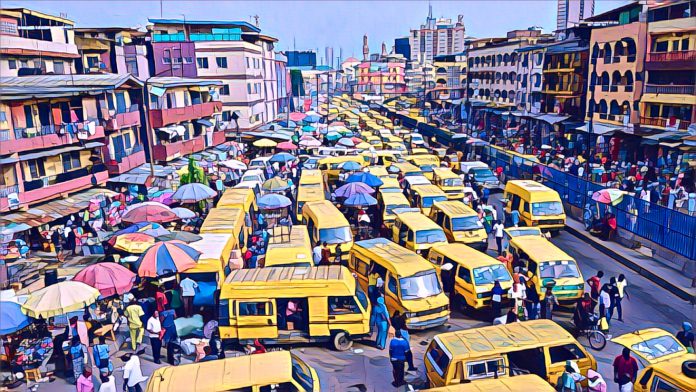KEY POINTS
-
Rising inflation, insecurity, and urban stress are driving middle-class Nigerians to relocate from major cities to rural areas in search of affordability and quality of life.
-
Remote work and improved rural internet access are making relocation viable, while families are turning to sustainable living, agriculture, and small businesses.
-
The shift reflects a changing value system, with many prioritizing stability and health over the traditional urban markers of success.
In the past, Nigeria’s rural towns and villages were viewed as places one left behind in pursuit of opportunity, prosperity, and modern comforts.
But today, a quiet but steady reversal is underway. A growing number of middle-class Nigerians are abandoning the country’s congested urban centres in favour of rural communities—seeking relief from economic pressure, reclaiming peace of mind, and rediscovering self-sufficiency.
From the dusty roads of Oyo to the serene hills of Nsukka, families who once thrived in Lagos, Abuja, and Port Harcourt are opting for a radically different lifestyle.
Far from being driven solely by nostalgia or idealism, this rural migration reflects pragmatic decisions in response to Nigeria’s escalating urban cost of living and collapsing infrastructure.
“Life in Lagos was choking us—rent was a nightmare, electricity was unreliable, and food prices doubled almost every few months,” said Tunde Aluko, a former project manager who relocated with his wife and two children from Lekki to his ancestral town in Ekiti. “Now we farm, run a remote consultancy, and our children are thriving.”
Escaping inflation, traffic, and insecurity for a simpler life
Nigeria’s cities, once seen as beacons of opportunity, have grown increasingly hostile to middle-class survival. Inflation, which hit over 30% in early 2025, continues to erode purchasing power. Urban housing costs are skyrocketing.
A modest two-bedroom apartment in central Abuja now rents for over ₦2 million annually, while fresh food prices in urban markets have doubled since 2023.
Simultaneously, urban insecurity—ranging from petty theft to kidnapping—has driven many families to reconsider the appeal of high-rise living. “I never imagined I’d raise my children anywhere but in a city,” said Chioma Ugochukwu, a tech entrepreneur who moved to Awka in Anambra State. “But after our neighbour was robbed twice in one year, we knew it was time to leave.”
Improved connectivity and the expansion of remote work have made rural relocation feasible for a growing professional class. Internet infrastructure, while still uneven, has improved in many parts of the country, allowing people to work from smaller towns.
Moreover, many migrants are finding that life outside the cities not only costs less—it offers a healthier lifestyle. With access to fresh produce, cleaner air, and community-oriented living, families are reconnecting with Nigeria’s agrarian roots while building new economic models based on remote work, sustainable farming, and small-scale manufacturing.
Dr. Ayo Bamigboye, a sociologist at the University of Ibadan, says the trend is significant. “This movement reflects a deeper shift in Nigerian middle-class values,” he said. “For years, urbanisation symbolised success, but that paradigm is changing. People now see value in slower, sustainable living, especially when cities offer no guarantee of comfort or safety.”
Some state governments have begun to notice the trend. In Osun, Enugu, and Kwara states, authorities are quietly updating rural infrastructure and introducing incentives for land acquisition and agricultural development. There is increasing interest in rural tech hubs, alternative energy installations, and digital classrooms, signaling potential for long-term transformation.
Yet challenges persist. Healthcare access remains uneven, some rural areas still lack reliable electricity, and internet coverage can be spotty. Nevertheless, returnees are adapting creatively—building boreholes, installing solar panels, and forming cooperatives to share resources.
“It’s not utopia, but it’s sustainable,” Aluko added. “And for the first time in years, we feel free.”
As Nigeria’s middle class continues to shrink under economic pressure, the quiet exodus from city to village may well reshape the country’s socio-economic landscape, turning what was once seen as retreat into a form of quiet rebellion—and resilience.



